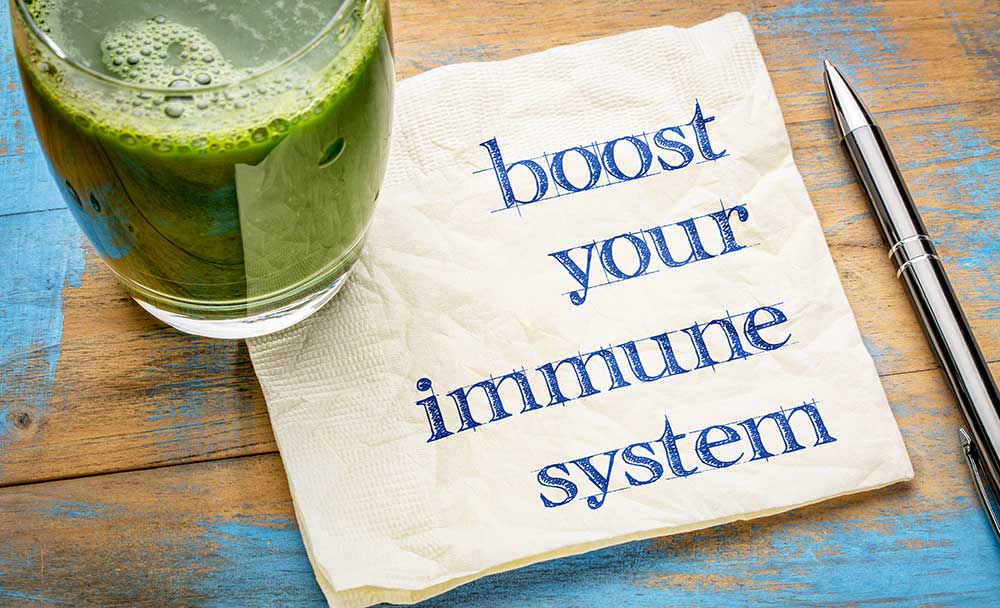
Understand gut health: Your gut is not just for digestion.
We often think of our gut as the engine of digestion, responsible for breaking down food and absorbing nutrients. While this is a crucial function, emerging research reveals that the gut plays a far more profound role in our overall health and well-being than we ever imagined.
Welcome to the fascinating world of gut health, where trillions of bacteria, fungi, viruses, and other microorganisms work tirelessly to keep you functioning at your best. Here board-certified medical doctors at OnCall Emergency Centers dive into the importance of your gut health and help you understand why you should ensure your gut is healthy.
Understanding the Gut Microbiome
Imagine a bustling city teeming with diverse inhabitants, each with their own unique role to play. This is a good analogy for your gut microbiome, a complex and dynamic community of microorganisms residing in your digestive tract. These microscopic residents, primarily bacteria, outnumber your human cells ten to one!
This internal ecosystem is incredibly diverse, with over 1,000 different species of bacteria identified. The composition of your microbiome is unique to you, influenced by factors like genetics, diet, environment, and even birth method (vaginal vs. cesarean).
Why is Gut Health So Important?
The gut microbiome is not just a passive resident; it’s an active participant in numerous bodily functions, impacting everything from digestion and immunity to mental health and even chronic disease risk. Let’s explore some of the key roles this inner ecosystem plays:
1. Digestion and Nutrient Absorption:
This is the gut’s primary function, and the microbiome plays a starring role. Beneficial bacteria help break down food, particularly complex carbohydrates and fibers that our bodies can’t digest on their own. This process releases essential nutrients and short-chain fatty acids (SCFAs) that fuel our gut cells and provide numerous health benefits.
2. Immune System Regulation:
A whopping 70-80% of your immune system resides in your gut! The microbiome interacts with immune cells, training them to distinguish between friendly and harmful invaders. A balanced gut microbiome helps prevent overreactions of the immune system, reducing the risk of allergies, autoimmune diseases, and chronic inflammation.
3. Mental Health and Brain Function:
The gut-brain axis is a bidirectional communication pathway linking the gut and the brain. The microbiome influences this connection, producing neurotransmitters like serotonin, dopamine, and GABA, which play a crucial role in mood regulation, stress response, and cognitive function. Emerging research suggests that gut health may be linked to conditions like anxiety, depression, and even neurodegenerative diseases.
4. Disease Prevention:
Studies have linked imbalances in the gut microbiome (dysbiosis) to an increased risk of various chronic diseases, including:
Obesity: Certain gut bacteria are more efficient at extracting energy from food, potentially contributing to weight gain.
Type 2 Diabetes: Gut dysbiosis can impair insulin sensitivity and glucose metabolism.
Cardiovascular Disease: An unhealthy gut microbiome can contribute to inflammation and elevated cholesterol levels.
Inflammatory Bowel Disease (IBD): Chronic inflammation in the gut is a hallmark of IBD, and gut dysbiosis plays a significant role in its development.
Certain Cancers: Research suggests a link between gut health and the risk of colorectal, esophageal, and stomach cancers.
Signs of an Unhealthy Gut
While everyone’s gut microbiome is unique, certain signs and symptoms may indicate an imbalance:
Digestive issues: Bloating, gas, constipation, diarrhea, irritable bowel syndrome (IBS)
Food sensitivities and intolerances: Difficulty digesting certain foods
Skin problems: Eczema, acne, psoriasis
Mood disorders: Anxiety, depression, mood swings
Weakened immune system: Frequent infections, allergies
Fatigue and low energy levels
Unexplained weight changes
Nurturing Your Gut Microbiome
The good news is that you have the power to influence your gut health through lifestyle choices. Here are some key strategies to cultivate a thriving inner ecosystem:
1. Eat a Diverse, Fiber-Rich Diet: Fruits and Vegetables: Aim for a rainbow of colors to get a variety of vitamins, minerals, and antioxidants.
Whole Grains: Choose whole grains over refined grains for their fiber content and prebiotic benefits.
Legumes: Beans, lentils, and peas are excellent sources of fiber and plant-based protein.
Fermented Foods: Yogurt, kefir, sauerkraut, kimchi, and kombucha contain beneficial probiotics that add to your gut’s microbial diversity.
2. Limit Processed Foods, Sugar, and Artificial Sweeteners: These can disrupt the balance of your gut microbiome and promote the growth of harmful bacteria.
3. Stay Hydrated: Water is essential for healthy digestion and the overall function of your gut microbiome.
4. Manage Stress: Chronic stress can negatively impact gut health. Incorporate stress management techniques like exercise, yoga, meditation, or spending time in nature.
5. Get Enough Sleep: Sleep deprivation can disrupt the gut microbiome and contribute to inflammation. Aim for 7-9 hours of quality sleep per night.
6. Consider Probiotic Supplements: Probiotic supplements can introduce beneficial bacteria into your gut. Consult with a healthcare professional to determine if probiotics are right for you and to choose the appropriate strains.
7. Limit Antibiotic Use: While antibiotics are sometimes necessary to fight infections, they can also disrupt the gut microbiome. Use them only when prescribed by a doctor and consider taking probiotics to help restore gut health afterward.
8. Listen to Your Body: Pay attention to how different foods and lifestyle choices make you feel. Identify any triggers that may be contributing to gut imbalances and make adjustments accordingly.
The Future of Gut Health
Research on the gut microbiome is rapidly evolving, and we are only beginning to understand the full extent of its influence on our health. Exciting new discoveries are constantly emerging, paving the way for personalized approaches to gut health and the development of innovative therapies for various conditions.
The Takeaway
Your gut health is intricately connected to your overall well-being. By prioritizing a healthy lifestyle and nourishing your gut microbiome, you can reap numerous benefits, from improved digestion and immunity to enhanced mental health and reduced disease risk. Take charge of your gut health today and experience the transformative power of this incredible inner ecosystem!






